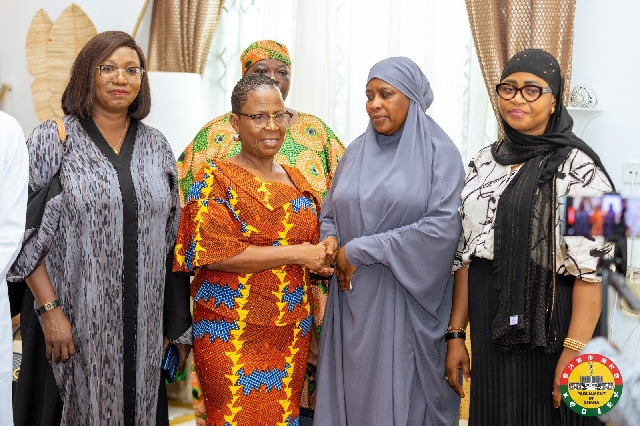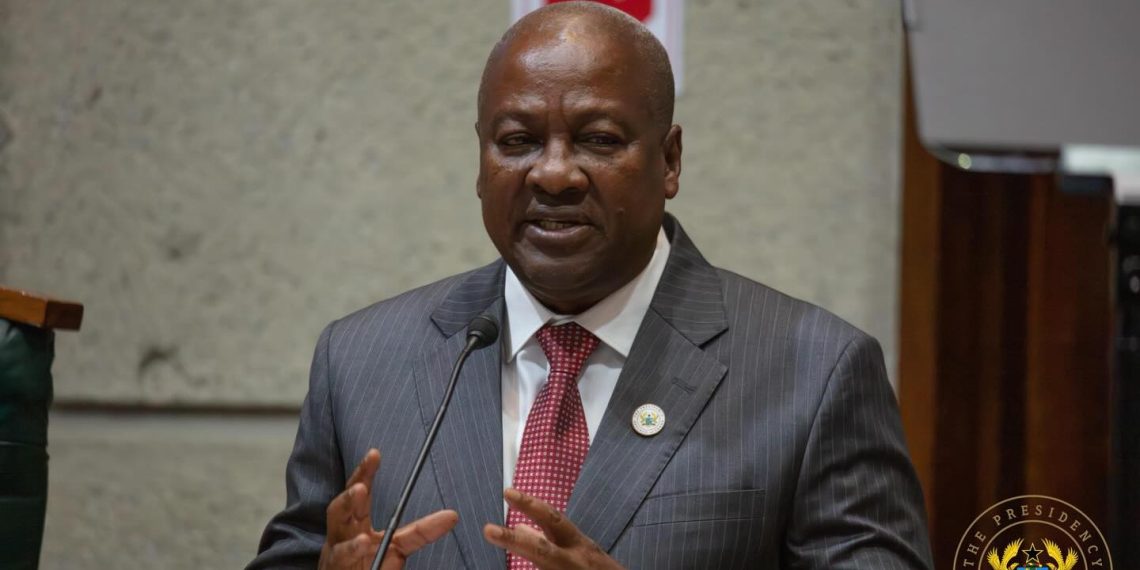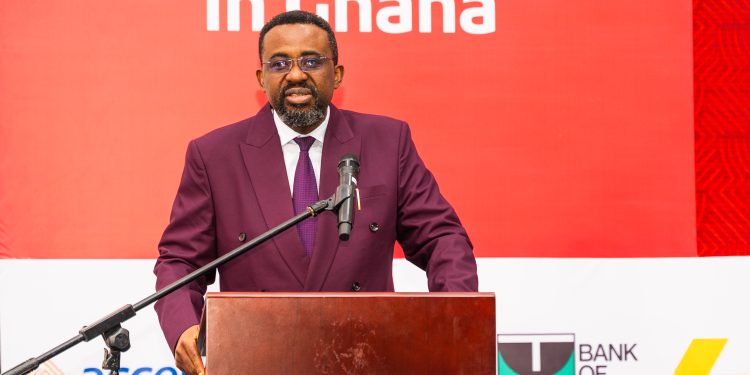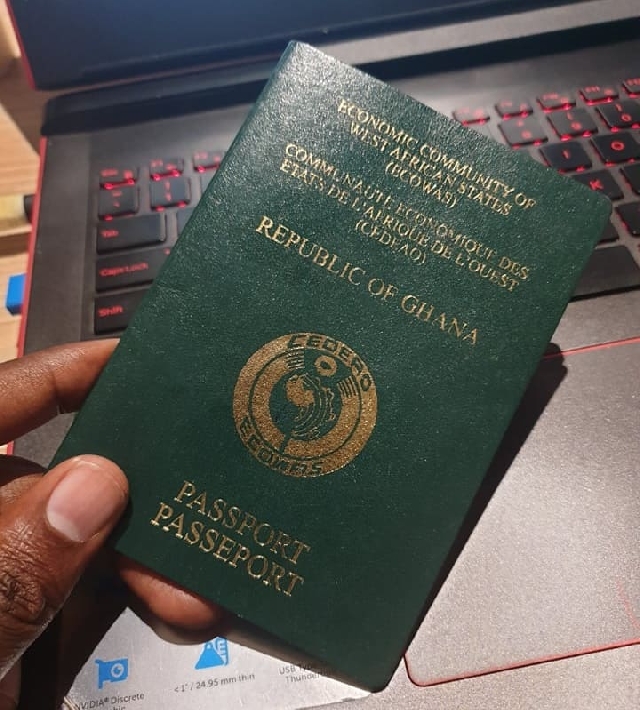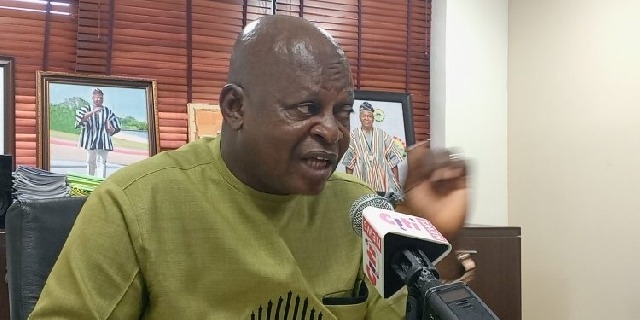With the 2026 national budget just weeks away, the International Monetary Fund (IMF) has sounded a note of caution to Ghana’s government: resist the temptation to return too soon to international capital markets, or risk derailing the country’s fragile economic recovery.
Speaking in an interview with Channel One TV, Dr. Adrian Alter, the IMF’s Resident Representative in Ghana, urged the government to be extremely prudent in its financing decisions. He emphasized the importance of seeking concessional loans from global partners such as the World Bank, African Development Bank, and the IMF itself, rather than risking expensive borrowing on the international markets.
Dr. Alter explained that despite a slight improvement in global financial conditions, Ghana would still face interest rates exceeding 10 percent due to its current credit rating. “We have advised the government to be extremely prudent, not to go back to the same mistakes with excessive borrowing in the past,” he said. “When you have available concessional financing from multilateral agencies like the World Bank, the African Development Bank, and the IMF itself, you shouldn’t go to international markets where interest rates are currently extremely pricey.”
The IMF’s advice comes as borrowing costs remain prohibitive for emerging economies like Ghana, making a return to the Eurobond market particularly risky. Dr. Alter pointed out that Ghana, under its IMF-supported program, is subject to strict limits on new external borrowing to maintain debt sustainability. The country is expected to keep a financing mix of about 70 percent domestic and 30 percent external borrowing, following IMF agreements and debt sustainability frameworks.
Efforts are also underway to strengthen Ghana’s domestic market. “On the domestic market, we’ve worked closely with the government to start lengthening the maturity of its bonds beyond one year. We hope that at the start of next year, conditions will be in place for the domestic bond market to reopen,” Dr. Alter noted.
Ghana has been unable to access international capital markets since its 2022 debt default, when the government suspended payments on most external debt to stabilize the economy. This move hurt investor confidence and cut off the country from new borrowing opportunities.
Currently, Ghana is implementing a $3 billion IMF-supported program aimed at restoring macroeconomic stability. After years of growing deficits, rising debt, and soaring inflation, the country was forced to restructure its debt in 2023. The IMF program is designed to bring public debt to sustainable levels, rebuild foreign reserves, and promote inclusive growth.
Source: Apexnewsgh.com

